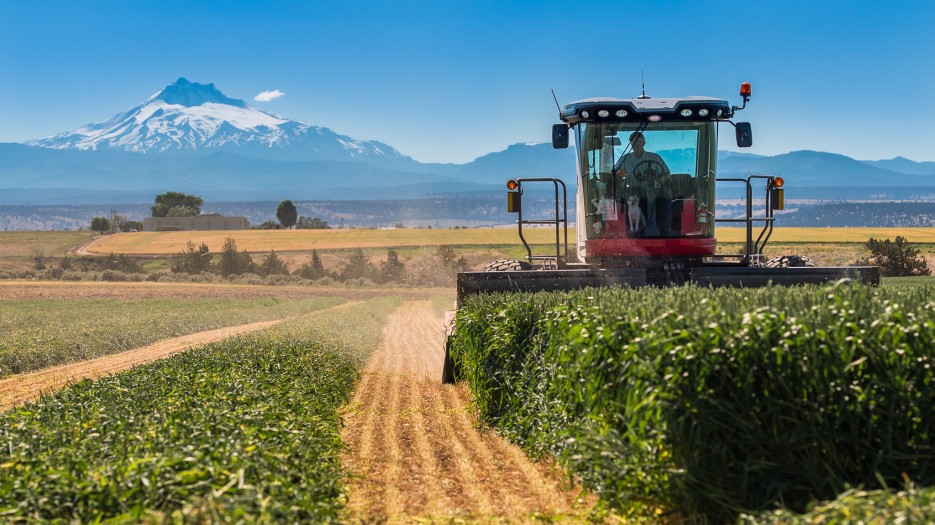
By Anne Marie Moss
Guest columnist Anne Marie Moss is communications director at the Oregon Farm Bureau and shares insights gleaned since joining the organization in 2004.
1. There’s room for and a need for all types of farming.
Organic, conventional, biotech, no-tech, small-scale, mid-size, commercial-scale, direct-to-consumer, contract for food processors, international exports — all can be found in Oregon and all have an important, vital place in agriculture.
The myth that one type of farming is “good” and another is “bad,” and therefore should be pitted against each other is just plain untrue.
I know farms in Oregon that grow organic crops on one field, conventional crops on another, and biotech crops, like GMO alfalfa or sugar beets for seed, on a third. Other farms stick to just one farming method.
Farmers decide what to do based on many factors, including their customer base, market potential, the farm’s location, the crop’s labor requirements and equipment available.
REPOSTED FROM FB.ORG - READ FULL ARTICLE HERE